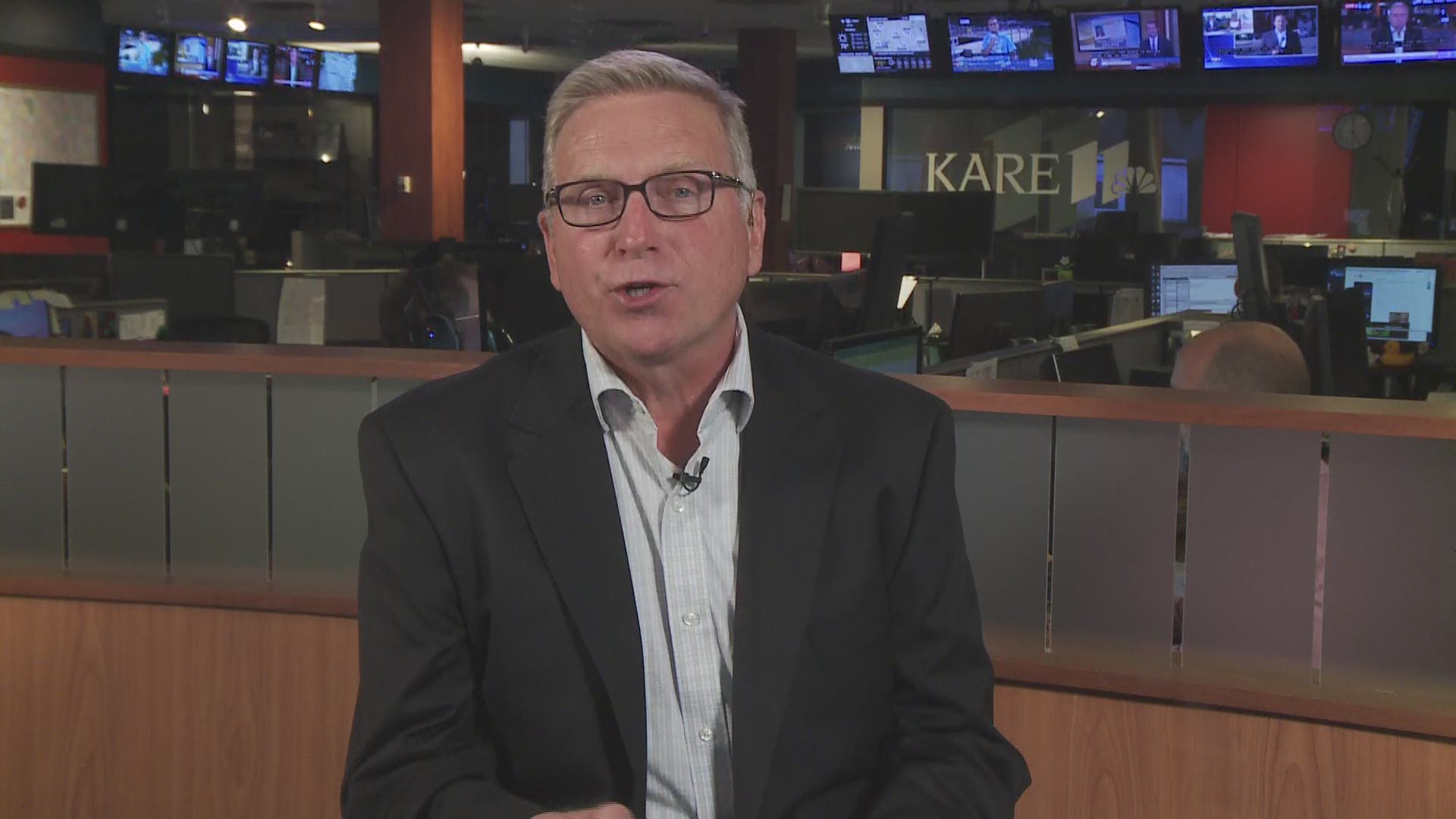MINNEAPOLIS -- The Trump Administration has cleared the way for mining companies to resume exploration for copper-nickel mines near the Boundary Waters Canoe Area.
Environmentalists and outdoor groups had asked the federal government to withdraw hundreds of thousands of acres near Ely, Minn. from exploration, and put mining leases on hold in that part of Superior National Forest for at least 20 years.
The Obama Administration had launched an environmental impact study, to examine the effect of underground sulfide mining in area filled with water, but Agriculture Secretary Sonny Perdue on Thursday halted that study.
That form of mining exposes buried sulfide rock to air and water, which can create sulfuric acid pollution that can contaminate waterways.
'Sulfuric acid pollution would change the pH levels, would affect the fish, from the flora and the fauna all the way up," Lukas Leaf of Sportsmen for the BWCA fold KARE.
"The boundary waters is a huge driver for the outdoor economy up there, if it were to get polluted, which this type of mining has a terrible track record of doing, it would drastically affect that."
Twin Metals, a subsidiary of the Chile-based Antofagasta, holds mineral leases southeast of Ely and has been drawing core samples in the area for many years. But the mining plan that's generated more headlines is Polymet mine, near Babbitt, which is outside of the BWCA's drainage basin.
"This is a tremendous message that invites investment back into northeastern Minnesota for mineral development and it will be extremely beneficial long term," Frank Ongaro, of the industry group Mining Minnesota, told KARE.
"With the environment, we all want the same thing. Any company that put forward a mine plan will still be required to go through very comprehensive, thorough federal environmental review and permitting."
President Trump, during his visit to Duluth in June, had promised to open up that area for mining, which would produce hundreds of jobs. One of the largest known deposits of rock containing precious metals, known as the Duluth Complex, lies beneath that part of the national forest, which is why companies from around the world have invested in the area.
The forecast, in terms of number of jobs and economic impact from these underground mines, has varied quite a bit, based on what entity is paying for the study.
"The jobs up there that can be perpetually sustained by the Boundary Waters and what it contributes to that economy in northeast Minnesota far outweighs the jobs that are going to be produced by this mine," Leaf remarked.
Most Republicans favor mining near the BWCA, but 3rd District Republican Erik Paulsen opposes the idea, least in its current form.

